New survey shines spotlight on increasingly complex world of work
The overview report of the pan-European sixth European Working Conditions Survey #6EWCS is launched today 17 November 2016

The overview report of the pan-European sixth European Working Conditions Survey #6EWCS is launched today 17 November 2016

Eurofound launches the overview report of its 6th European Working Conditions Survey (6th EWCS) at a joint event with the European Parliament in Brussels, Belgium, on 17 November 2016. Join the debate on Twitter at #6EWCS

In the following blog piece Eurofound Director Juan Menéndez-Valdés looks at the issue of the gender employment gap in Europe, and how the difference in labour market participation between women and men has far-reaching implications.

Il nuovo rapporto di Eurofound – "Gender Employment Gap: challenges and solutions” è stato presentato al Parlamento Europeo martedì 11 Ottobre 2016.
Nonostante il tasso di occupazione femminile sia aumentato durante la crisi economica, la divergenza nell’occupazione tra uomini e donne in Europa e nella maggior parte dei paeasi membri è ancora significativa. A questo proposito, il rapporto si co
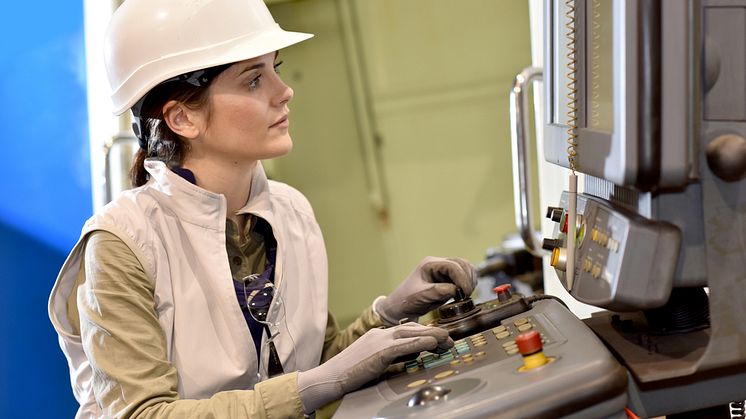
Our new report explores the main characteristics and consequences of gender gaps in labour market participation. It finds that the estimated cost of a lower female employment rate was €370 billion in 2013, corresponding to 2.8% of EU GDP. This does not include the unpaid domestic work performed by women who are not active in the labour market.

Eurofound's new publication The gender employment gap: Challenges and solutions will be presented to the European Parliament's Committee on Women's Rights and Gender Equality tomorrow at 5.00 pm (CET), and will subsequently be available to download directly from our website. Watch the presentation live at http://bit.ly/FEMMComm.
For further information please contact either our promotions team,
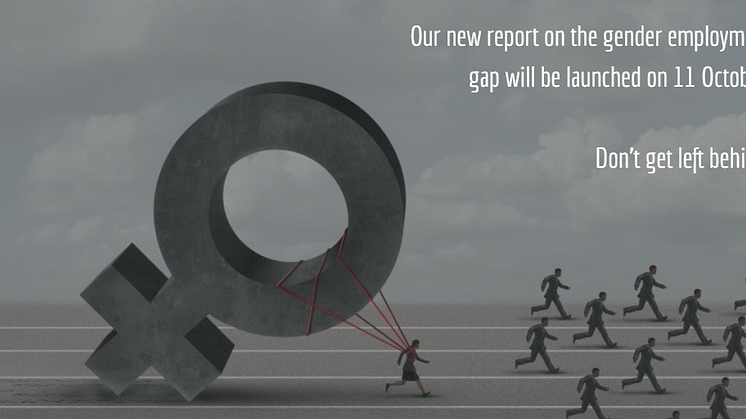
The prevalence of structural problems in dwellings in the EU varies considerably between Member States.
On average, 12% of EU residents report damp or leaks in their walls and roofs; 9% live in accommodation with rot in the windows, doors or floors; and 14% of resident indicate that they cannot afford to keep their home adequately warm.
Such problems are most common in Cyprus, where 51% of d
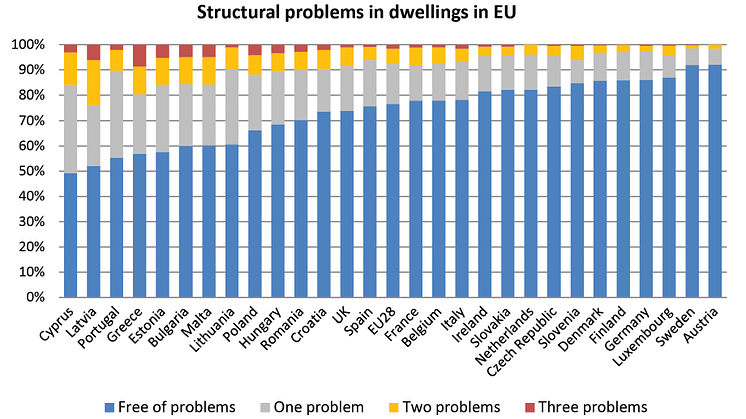
Well-functioning social dialogue is a key component in implementing the reforms that will boost European competitiveness. A new report from Eurofound examines how management, employees and their representatives achieve common solutions to common problems. It identifies a number of elements of good practice, such as regular meetings between management and employees to follow up on decisions, contin

With people living longer and birth rates falling across Europe, a priority of EU policy is to encourage
Europeans to remain in work beyond current retirement ages, to minimise pressure on pension systems.
At present, older workers often leave the workforce before statutory retirement age, with health problems and care responsibilities cited as common reasons. Many more people simply wish to w

The cost of people living in inadequate housing in the EU Member States is hitting economies to the tune of nearly €194 billion per year, a new report from Eurofound states. The cost of addressing the shortcomings of the housing stock would be in the region of €295 billion (at 2011 prices). However, the report maintains, the outlay could be quickly recouped from savings on healthcare and a range o
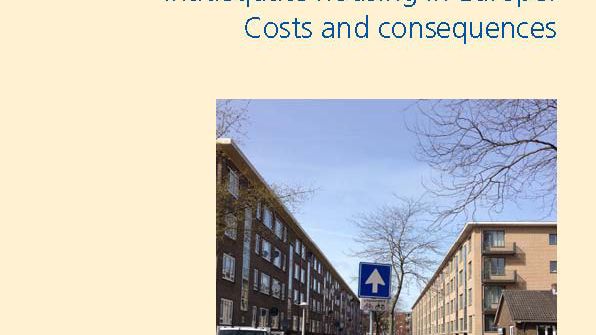
Partial retirement schemes can be an important part of the solution to improving sustainability of Europe’s pension systems.
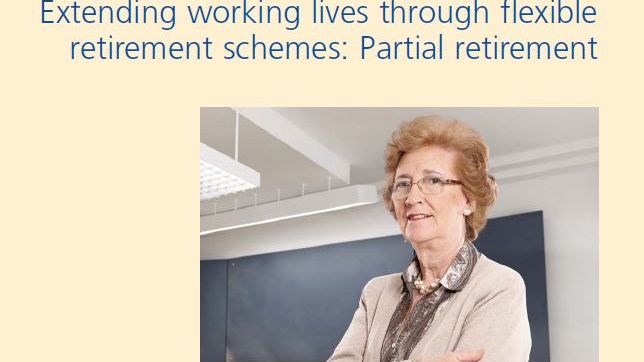
Eurofound launches the fieldwork for the fourth edition of its European Quality of Life Survey today. The survey, which offers a comprehensive picture of the views of people living across 33 countries including the EU Member States and candidate countries, will be carried out over the coming 13 weeks.
The fourth edition of the European Quality of Life Survey covers 33 countries, 28 EU Member S

Inadequate and poor housing is costing EU economies nearly €194 billion per year in terms of both direct costs associated with healthcare and related medical or social services, as well as indirect costs such as lost productivity and reduced opportunities. The removal of housing inadequacies across the EU, or at least improving them to an acceptable level, would cost about €295 billion at 2011 pri
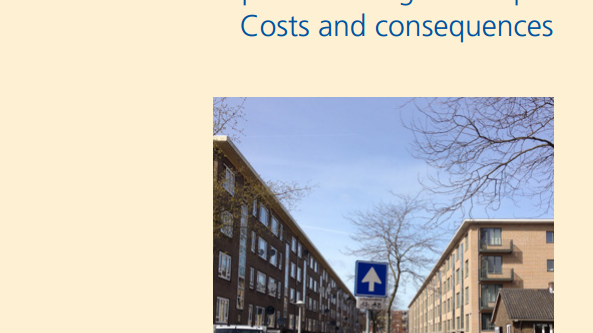
Some interesting figures from the July/August edition of Eurofound News:
13,000 – the entire workforce of Marinopoulos, one of the largest supermarket chains in Greece, who have been made redundant as a result of the company’s bankruptcy.
22% – the gender pay gap in the Czech Republic, which in March 2016 prompted the Minister of Labour and Social Affairs to launch a five-year campaign to na

From Eurofound News July/August 2016
Taking action to make work sustainable
For Europe to achieve its goals for growth, workers will have to work for longer and more people will have to work. This requires new thinking to make work sustainable over the life course. In other words, it means achieving living and working conditions that enable workers to retain their physical and mental health,

En el siguiente texto - basado en la contribución de Eurofound a la reunión informal de Ministros de empleo, política social, salud y consumo (EPSCO), de julio de 2016 - el director de Eurofound Juan Menéndez-Valdés echa un vistazo a cómo el mercado europeo se ha transformado en los últimos años y evalúa algunos retos del futuro.
Gran parte de las discusiones sobre el futuro del trabajo

In this blog piece, based on Eurofound’s contribution to the July 2016 informal meeting of the Employment, Social Policy, Health and Consumer Affairs Council (EPSCO), Eurofound Director Juan Menéndez-Valdés looks at how the European labour market has changed in recent years and assesses future challenges.
Most discussions on the future of work are dominated by the impact of key changes in socie

von Stefanie Ledermaier
Seit 2010 hat das NEET-Konzept, damit werden junge Menschen zwischen 15 und 24 bezeichnet, die sich weder in einem Arbeits- noch in einem Ausbildungsverhältnis befinden, in der politischen Debatte Einzug gehalten. Grund dafür war hauptsächlich der starke Anstieg der Jugendarbeitslosigkeit infolge der Wirtschaftskrise. Für Jugendliche und junge Erwachsene wurde es zunehme

Although recent statistics show an improvement in the labour market situation of young people, Eurofound’s new report ‘Exploring the diversity of NEETs’ emphasises the ongoing need to focus on the specific needs of different groups of young people who are NEET.

Following the result of the United Kingdom referendum on EU membership, Eurofound will continue to implement its work programme and provide European policymakers with high-quality, timely and policy-relevant knowledge as input to better informed social and work-related policies, covering up to 35 countries (EU Member States, candidate countries and other European countries).
To repeat the reass
